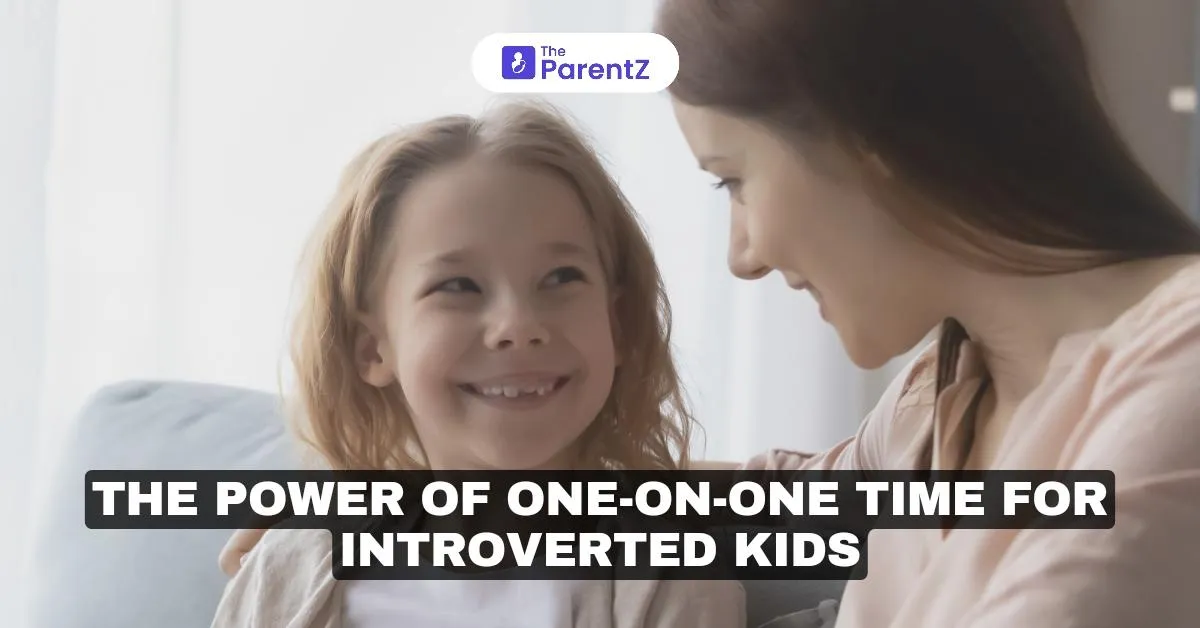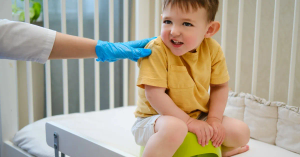For parents, raising an introverted kid may feel as overwhelming as it appears. On one hand, where group activities energize their extroverted friends, introverted kids usually prefer intimate environments. For such kids, one-on-one time can play a big role. Especially when it's too loud and overwhelming, quieter moments of connection hold a special place.
The question is why one-on-one time is so important for introverted kids. Read below this article to explore the benefits of engaging in one-on-one time with your introverted little kids.
Importance of One-On-One Time for Introverted Children
The truth is, introverted kids have a quite different approach to dealing with things. They usually prefer deep conversations compared to small talks. In fact, psychologist Laurie Helgoe believes that introverts recharge by spending time in calm and low-stimulation environments.
And for kids, this means feeling heard and seen. Besides, there are several research studies conducted that back it up.
According to the Journal of Personality and Social Psychology, introverted children build stronger emotional bonds when given genuine attention. This connection doesn't just help in boosting self-confidence but also gives them a safe space for open communications.
Boost Your Kids Confidence With Undivided Attention
Its not uncommon for kids to struggle with feelings of self-doubt.
Especially in spaces where loudness is valued over thoughtfulness. In short, one-on-one time is their reminder that their voice matters too. Under the veil of deep conversations, you are actually sending him a message that what they think and feel is important. This ultimately helps in building up confidence for other settings as well.
Moreover, such kids have 50 percent less risk of experiencing anxiety when they feel an emotional connection with their parents.
How to Plan One-On-One Time With Your Kids?
Planning one-on-one doesn't need to seem like a strict routine. Here are a few ways you can initiate deep conversations with your little ones.
- Go For A Walk In The Park
One of the best ways is to go for a stroll in the evening or early morning where the quietness of nature complements your little one’s need for calm. Further, there’s no eye contact, which makes it easier for the kids to open up.
- Engage in Fun Activities Together
What's better than engaging in some fun and creative moments together with your child? From baking their favorite cookies to painting together, these simple activities are great when it comes to giving them a relaxed environment for one-on-one conversations.
- Bedtime Chats
There’s nothing compared to talking with your kids at the end of a tiring day. In fact, it was just the perfect time to ask about their favorite time of day and if they wanted to share some secrets.
Takeaway
The power of one-on-one time lies in its impact on introverted kids by turning them into self-confident individuals. These moments are not about giving them time but more about giving them a safe space to grow and express themselves. The next time your child asks you out for a quiet moment together, remind yourself that these are the moments that you will cherish forever.






